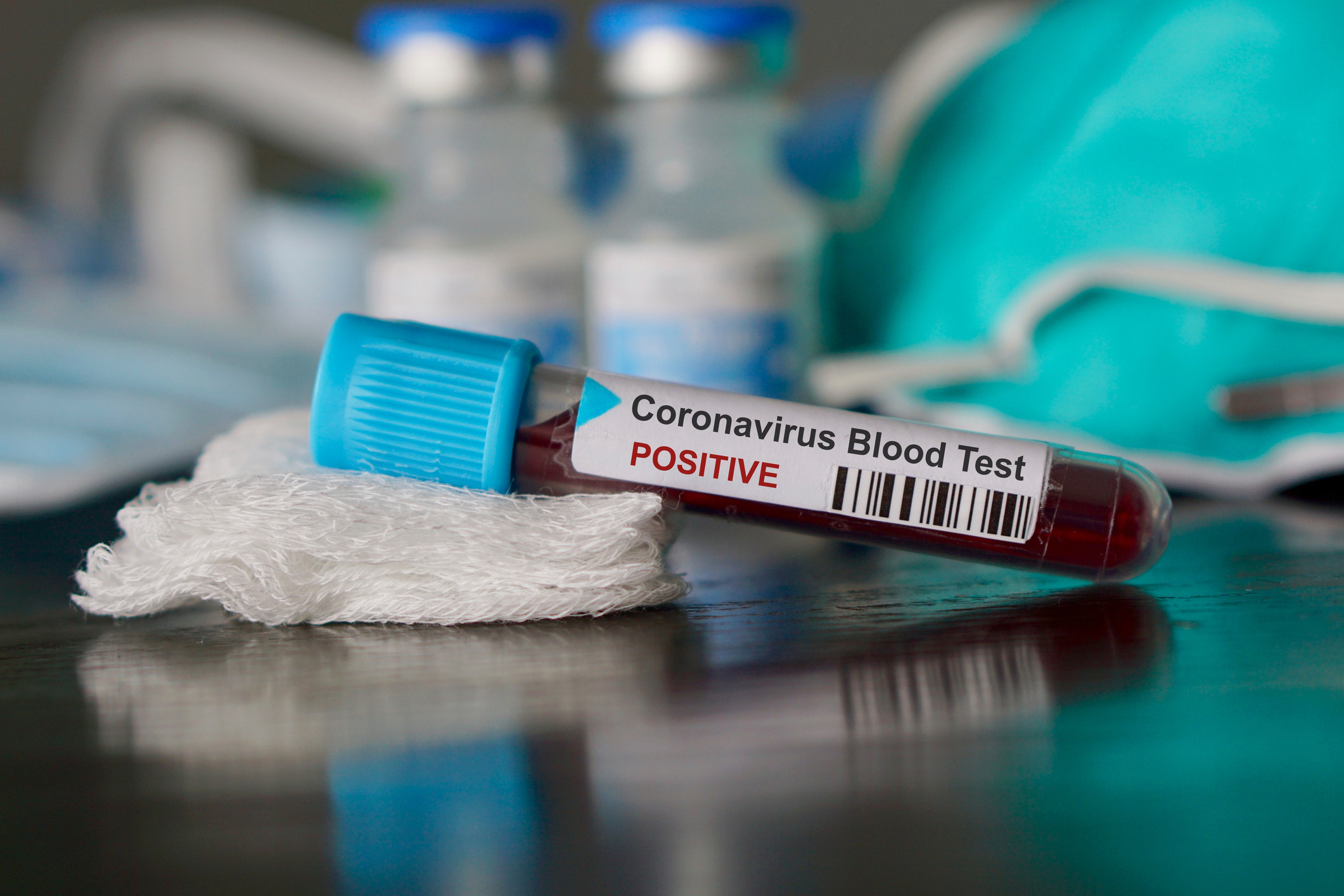
This new coronavirus is all over the news. Just recently, the virus has been declared a global emergency by the World Health Organization, as the outbreak continues to spread outside China.
"The main reason for this declaration is not what is happening in China but what is happening in other countries," said WHO chief Tedros Adhanom Ghebreyesus.
The concern is that it could spread to countries with weaker health systems.
So, the US has told everyone not to travel to China.
The state department issued a level four warning - having previously urged Americans to "reconsider" travel to China - and said any citizens in China "should consider departing using commercial means".
China has said it will send charter plans to bring back Hubei province residents who are overseas "as soon as possible".
A foreign ministry spokesman said this was because of the "practical difficulties" Chinese citizens have faced abroad. Hubei is where the virus emerged.
At least 213 people in the China have died from the virus, mostly in Hubei, with almost 10,000 cases nationally.
But a lot of people don't know what it really is. As a matter of fact, a recent poll said that many Americans think its a disease tied to the beer, Corona. Wrong answer.

From CNN’s senior medical correspondent Elizabeth Cohen, here are few of the most asks questions about the coronavirus:
- Is there a cure for the virus? There is currently no cure, and researchers are still trying to learn more about the virus. But researchers have successfully grown the virus in a lab, an important step towards developing a vaccine.
- What is the coronavirus really? Coronaviruses (CoV) are a large family of viruses that cause illness ranging from the common cold to more severe diseases such as Middle East Respiratory Syndrome (MERS-CoV) and Severe Acute Respiratory Syndrome (SARS-CoV). A novel coronavirus (nCoV) is a new strain that has not been previously identified in humans.
Coronaviruses are zoonotic, meaning they are transmitted between animals and people. Detailed investigations found... that SARS-CoV was transmitted from civet cats to humans and MERS-CoV from dromedary camels to humans. Several known coronaviruses are circulating in animals that have not yet infected humans.
- How does the virus spread? The virus is thought to spread from person to person through respiratory droplets emitted by coughing or sneezing -- but it's not clear exactly when a person becomes contagious. There's currently no evidence that the virus is airborne -- meaning, for instance, it doesn't travel across a large room.
Standard recommendations to prevent infection spread include regular hand washing, covering mouth and nose when coughing and sneezing, thoroughly cooking meat and eggs. Avoid close contact with anyone showing symptoms of respiratory illness such as coughing and sneezing.
- Is it safe to travel? Airlines have suspended flights, and thousands of foreign citizens in China's Wuhan have been evacuated back to their home countries. Many countries including the US have advised against travel to China.
- Who is at risk of infection? People of all ages can be infected with the virus, but older people and those with pre-existing medical conditions are especially vulnerable to severe complications.
- How do I distinguish coronavirus from the flu? Coronavirus symptoms look like flu symptoms. Common signs of infection include respiratory symptoms, fever, cough, shortness of breath and breathing difficulties. In more severe cases, infection can cause pneumonia, severe acute respiratory syndrome, kidney failure and even death. If you show these symptoms and recently went to China, or have been in contact with someone who visited, experts advise going to the doctor.









